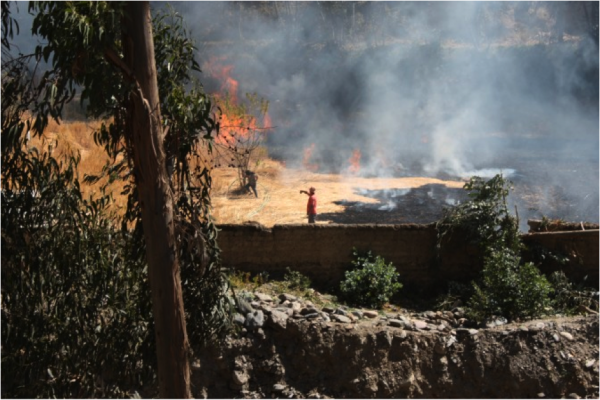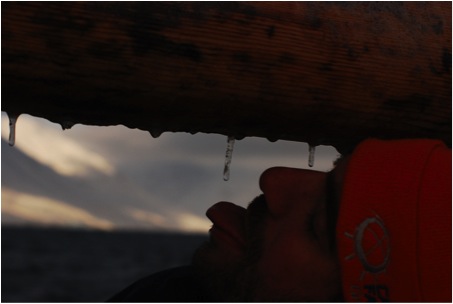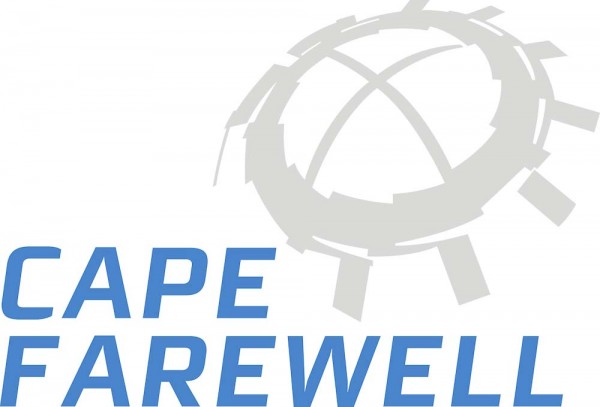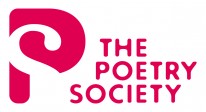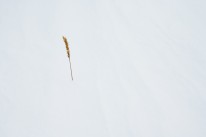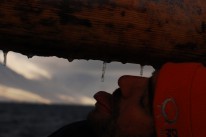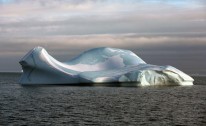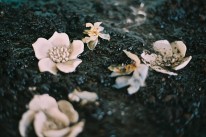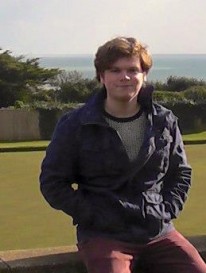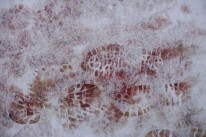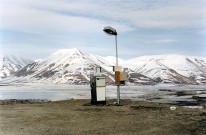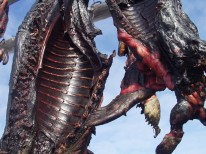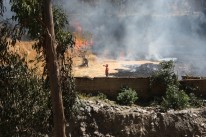Smell / Taste
Challenge 3: Building it up, breaking it down – Helen Mort’s third Challenge created for Cape Farewell and the Poetry Society
The third of four Challenges from Switch 2014, created by Helen Mort for Cape Farewell and the Poetry Society.
Former Foyle Young Poet Helen Mort sets out her third poetry writing challenge, asking you to respond to images from Cape Farewell’s archive of photos, videos and blog posts. Cape Farewell leads expeditions of artists, musicians, writers and scientists to places like the Arctic and the Amazon so they can see the effects of climate change close up and respond to it in their work. Now you can add your voice by writing in response to the challenges. Helen will be choosing her favourite poems to publish on this site and to win some particularly exciting prizes…
Sometimes, you have to destroy part of something to keep it. Look at Daro Montag’s image ‘Controlled burning in an Amazonian Forest’:
Photo: Daro Montag / Cape Farewell
Controlled burning is a technique than can be used in forest management to reduce the risk of fires in the longer term. It uses an artificially-induced fire (fire is often a natural part of forest ecology) to reduce fuel build-up in the forest so that there’s less chance of a serious, hotter fire starting by accident later. Controlled burning stimulates the germination of certain forest trees, therefore helping to renew the forest. This might seem like a slightly contradictory idea at first – how can partly destroying something help to save it in the long term? Sometimes, a part has to be sacrificed for the benefit of the whole.
This can be true of writing a poem too. Sometimes you have to ‘kill your darlings’ and take out a phrase or word that you’d really rather keep but need to edit out for the sake of the overall poem. Before you work on this challenge, read these handy tips from the Poetry Society’s Young Poets Network about re-drafting your work:
http://www.youngpoetsnetwork.org.uk/2013/07/12/your-top-tips-part-ii-editing-and-redrafting/
Writing your poem
Have a look at this poem on the Poetry Society website, which I wrote a few years ago:
http://www.poetrysociety.org.uk/content/publications/poems/mort0707pom/
In your piece of writing, you’re going to make the fire talk about itself too. You might start off by making a list of answers to some of the following things: What will fire have to say? Is this a small, domestic fire in a hearth or is it a large fire in the open? Has your fire been started deliberately like the controlled burning in Daro’s picture, or is it an accident? What might fire think about the things it burns? What does fire feel like? Does it want to be here or would it rather be somewhere else?
Looking at Daro’s picture, we can almost smell the distinctive, acrid scent of burning. Try and weave this sense into your poem, considering how fire would talk about this aspect of itself.
When you’ve drafted your poem, you might go back to it with some of the redrafting tips in mind and think about which words are essential and which words you might edit out.
Further inspiration
If you have time, you could go on to look at this image taken by scientist Carol Cotterill:
Credit: Carol Cotterill / Cape Farewell
We’ve already heard what fire has to say, so how about ice? This time, make the ice talk about itself. Where is your ice? What shape does it have, or has it changed shape? Does it remember what it was like to be water? X’s photograph focuses on the idea of tasting ice, so try and weave that into your poem – how does ice taste, or what does it taste itself, as it freezes over other objects?
You might like to submit two separate poems, or you might like to incorporate both fire and ice into a single poem, as Robert Frost does:
Some say the world will end in fire,
Some say in ice…
From ‘Fire and Ice’ http://www.poetryfoundation.org/poem/173527
Prizes
The winners of the four Cape Farewell challenges will have their poems set to music by famous composer David Julyan, who has written the musical scores for the films Memento and The Prestige, among many others! There will also be a special event to celebrate the poems and music in summer 2014. Winners will be published on the Poetry Society’s Young Poets Network and this website, and there will be other goodies too.
Sending in your poems
This challenge is for poets aged 25 and under, from all over the world. The deadline is Sunday 23 March – but you can send in your poems any time before that too. Send as many poems as you like to educationadmin@poetrysociety.org.uk in the body of an email (not an attachment), with your name, age and address. We will add you to the Young Poets Network emailing list – please let us know if you’d rather we didn’t!
Helen Mort was born in Sheffield in 1985. Her collection Division Street is published by Chatto & Windus and has been shortlisted for the TS Eliot Prize. She has published two pamphlets with tall-lighthouse press, the shape of every box and a pint for the ghost, a Poetry Book Society Choice for Spring 2010. Five-times winner of the Foyle Young Poets award, she received an Eric Gregory Award from The Society of Authors in 2007 and won the Manchester Young Writer Prize in 2008. In 2010, she became the youngest ever poet-in-residence at The Wordsworth Trust, Grasmere. Helen is also the new Derbyshire Poet Laureate.
